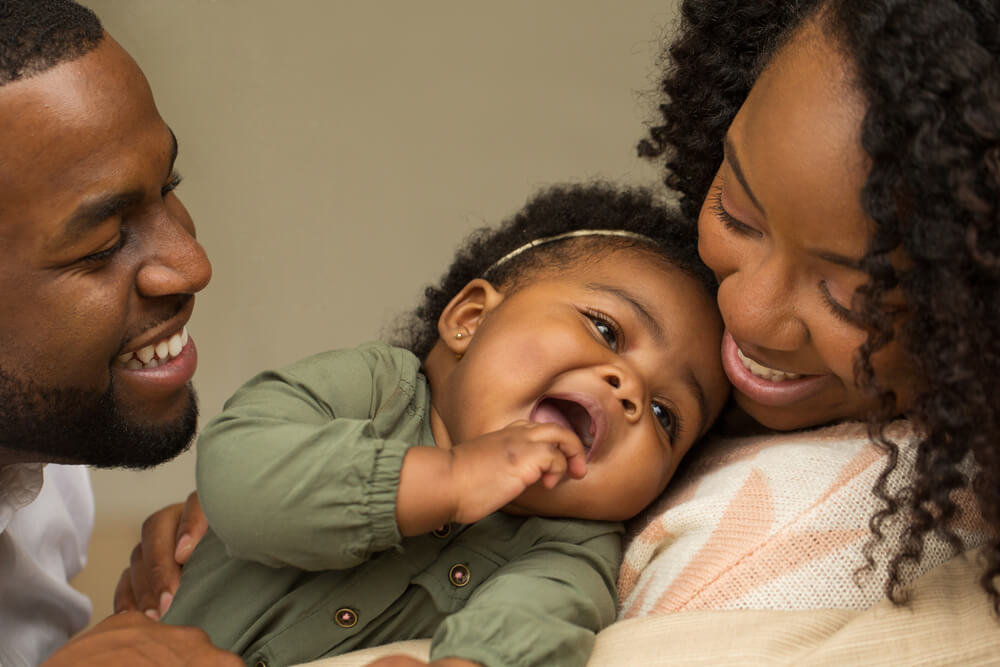After the death of George Floyd, many Americans are recognizing that racism is a persistent issue in our country. Catholic leaders, from the U.S. bishops to Pope Francis, have been preaching on the sin of racism, and stressing that race issues are life issues. In his Wednesday audience, Pope Francis said, “We cannot tolerate or turn a blind eye to racism and exclusion in any form and yet claim to defend the sacredness of every human life.”
Many Americans are also recognizing that racism is not simply a matter of how you feel in your heart, but that systemic racism is real and has profoundly negative effects on minority communities.
The United States Conference of Catholic Bishops (USCCB), in Open Wide Our Hearts: A Pastoral Letter Against Racism, explains that racism “manifests itself in our individual thoughts, and also in the workings of our society itself. Today’s continuing inequalities in education, housing, employment, wealth, and representation in leadership positions are rooted in our country’s shameful history of slavery and systemic racism.”
For pro-lifers, there are many fronts in the fight for human dignity in all its stages – abortion, euthanasia, contraception, racism, disability advocacy, and conscience rights to name a few. And in the work to bring about a culture of life, it is often the case that these issues intersect.
The work against contraception is often tied up in the work for conscience rights. The fight against euthanasia is also a fight against disability discrimination. And in many ways, the fight against abortion is a fight against systemic racism.
The Outcomes of Abortion
Part of recognizing systemic racism is recognizing when people of color are disproportionately affected in a negative way. Identifying racist systems comes less from questioning people’s intentions, and more about looking at outcomes.
Looking at the outcomes of abortion it is clear that this is an issue that disproportionately affects black Americans. According to the Guttmacher Institute, which generally supports abortion, in 2014 black women accounted for 28% of abortions while white women accounted for 39% of abortions. This despite the fact that white Americans make up 76% of the population, while black Americans make up just 13%. These figures show that black babies are aborted at far higher rates than white babies.
The vast majority of Planned Parenthood abortion clinics are located in minority communities, and the statistics suggest that black Americans are being targeted for abortion. While systemic racism takes many forms, the outcomes indicate that abortion is part of this racist system.
Dismantling the System
Recognizing that racism is tied up in the issue of abortion, pro-lifers can use that knowledge to inform their work in fighting against both. Asking questions like:
- What effects of systemic racism may lead a woman to choose abortion?
- How much time do we spend listening to people of color in our pro-life work?
- Are we giving people of color opportunities to be leaders in the pro-life movement?
- How can we lower the black maternal mortality rate so black women feel safer choosing life?
- If Planned Parenthood is targeting minority communities for abortion, how are we investing in those communities?
The USCCB says, “The failure to act to end systemic racism hurts those who are victimized and denies all of us the opportunity to benefit from the gifts of diversity.” As Catholics, we recognize that the work to end abortion is helping the fight against racism, and that fighting to end systemic racism will help the pro-life movement be more effective in ending abortion.
Our Lady of Guadalupe, patroness of the unborn and America, pray for us!

